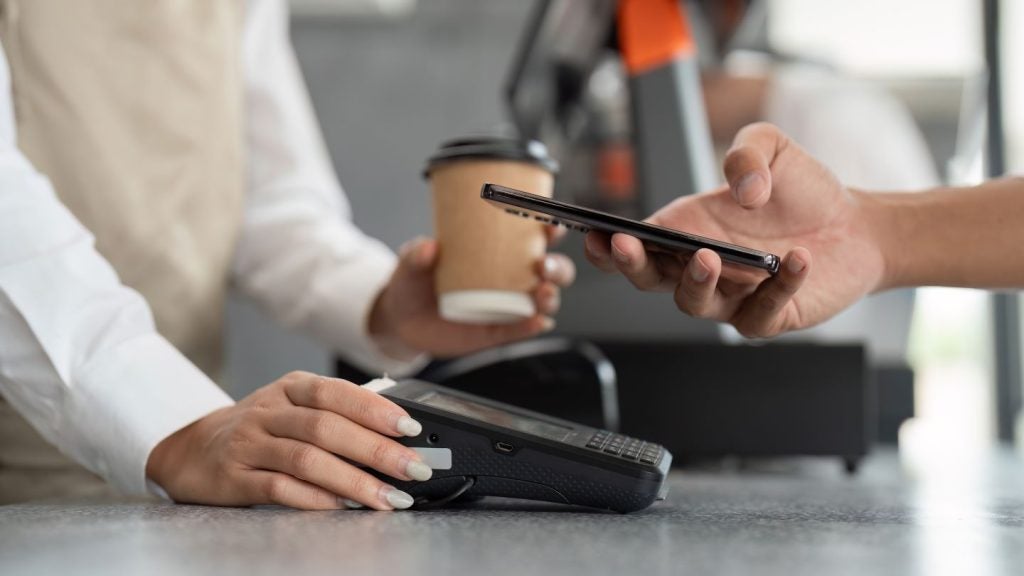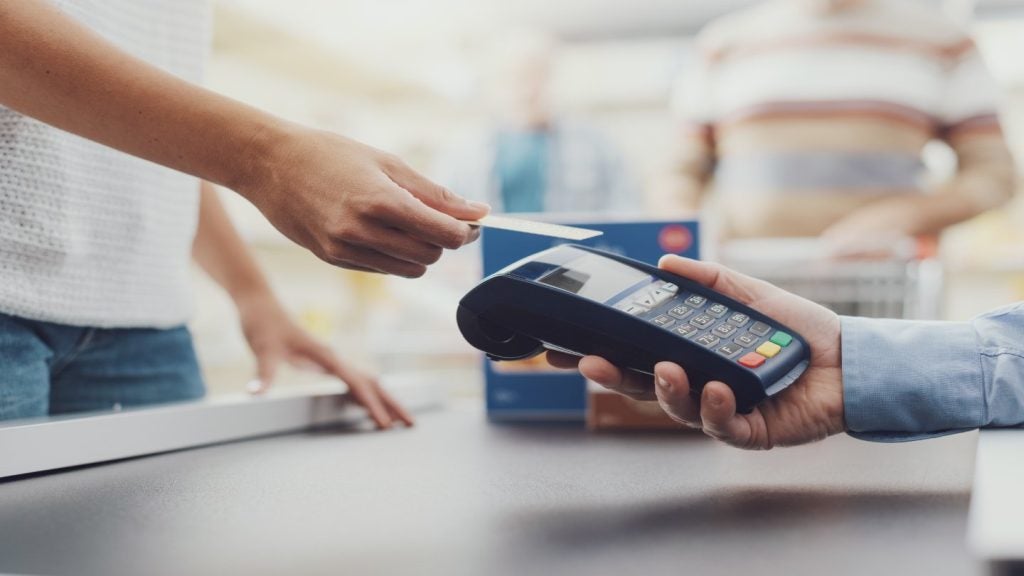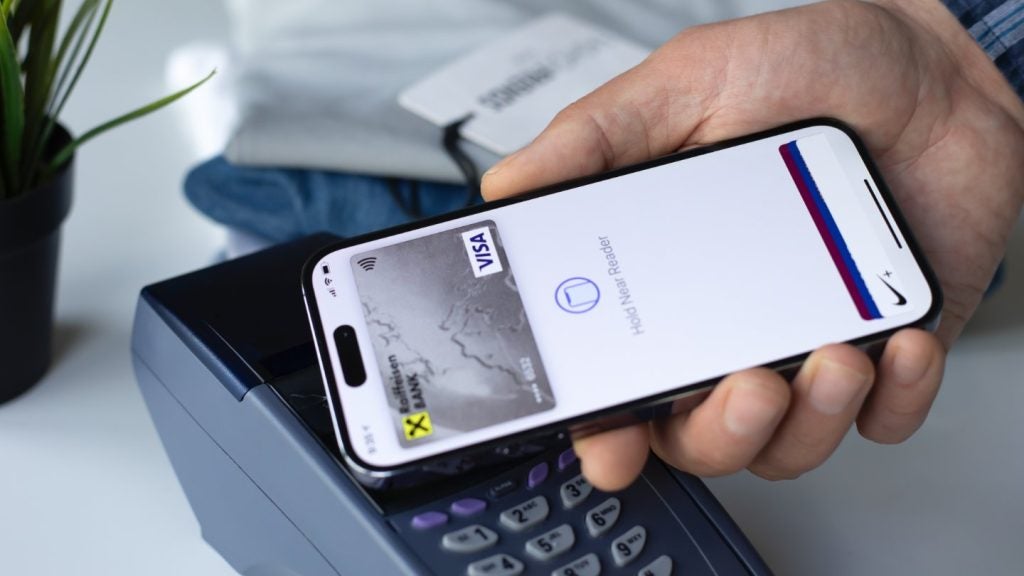The number of online/digital only banks promoting a unique brand marketed as a standalone solution continues to mushroom. And if you want to see the best of the best in impressive card designs, look no further.

Access deeper industry intelligence
Experience unmatched clarity with a single platform that combines unique data, AI, and human expertise.
I am not talking here about the growing number of digital sub-brands of established, incumbent banks such as DBS’ successful digibank, Bank Leumi’s Pepper, Chase’s Finn or Emirates NBD’s impressive Liv proposition.
I have in mind the digital neobanks marketed as an alternative to branch banking and there are now more than two dozen that merit attention.
Are Visa or Mastercard providing the best card designs?
Two common themes jump out, irrespective of the market in question: card design has been given a kick-start by the neobanks. Secondly, Mastercard is beating Visa hands down in terms of the card programme giants with a few exceptions.
One notable exception in the Visa camp is Chime. Its customer numbers now exceed two million, serviced from its HQ in San Francisco. With only around 100 employees and relatively modest VC backing to date of about $100m it has grown impressively.

US Tariffs are shifting - will you react or anticipate?
Don’t let policy changes catch you off guard. Stay proactive with real-time data and expert analysis.
By GlobalDataVaro is also in the Visa camp but is very much in start-up mode and its app is not yet available on Android devices. Varo is launching with a 1.75% rate for deposits, one of the highest on the market for a mobile-only outfit and so will attract early press attention.
In Australia, Xinja and Pelikin are both on the Visa platform but that is about it-elsewhere Mastercard dominates.
Moven, in the Mastercard camp in the US, is eyeing up opportunities across Latin America, Asia Pac, Africa and Europe to complement its partnerships with TD in Canada and Westpac in New Zealand.
Aspiration in the US, also on Mastercard, has attracted around one million customers since launching in 2015.
It continues to attract attention as a result of its ‘pay what is fair model’ enabling customers to decide what they pay for its products, even if it is $0.
Elsewhere, Koho (Visa) in Canada and Nubank (Mastercard) in Brazil merit close attention going forward for any success in gaining market share away from the incumbents.
But it is to Europe in general and the UK in particular where the majority of the successful online digital start-ups are based.
Denmark-headquartered Lunar Way has a foot in both camps, via a Mastercard travel card and a Visa-branded credit card.
But Bunq, Fidor, Monese, Monzo, N26, Starling and Tandem are all in the Mastercard camp.
At Revolut, three million customers and counting, both Visa and Mastercard branded cards are on offer.







